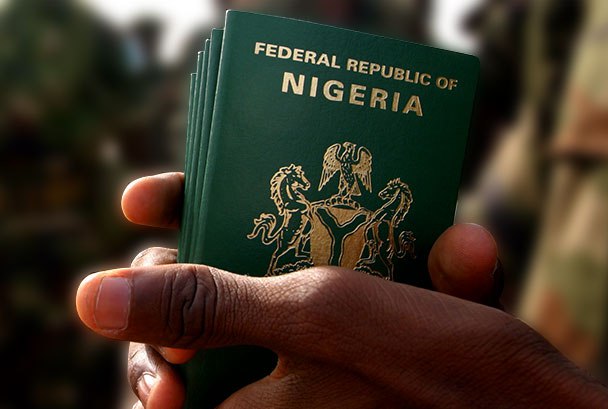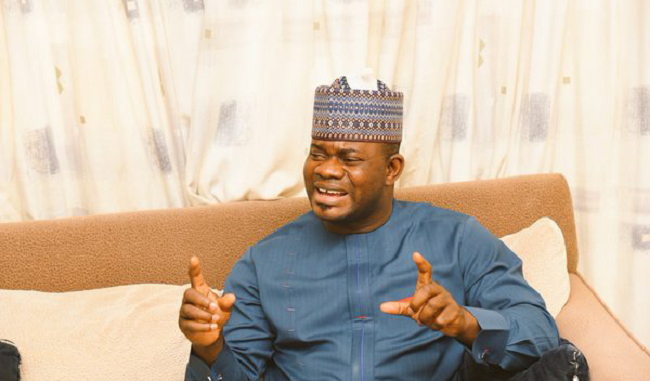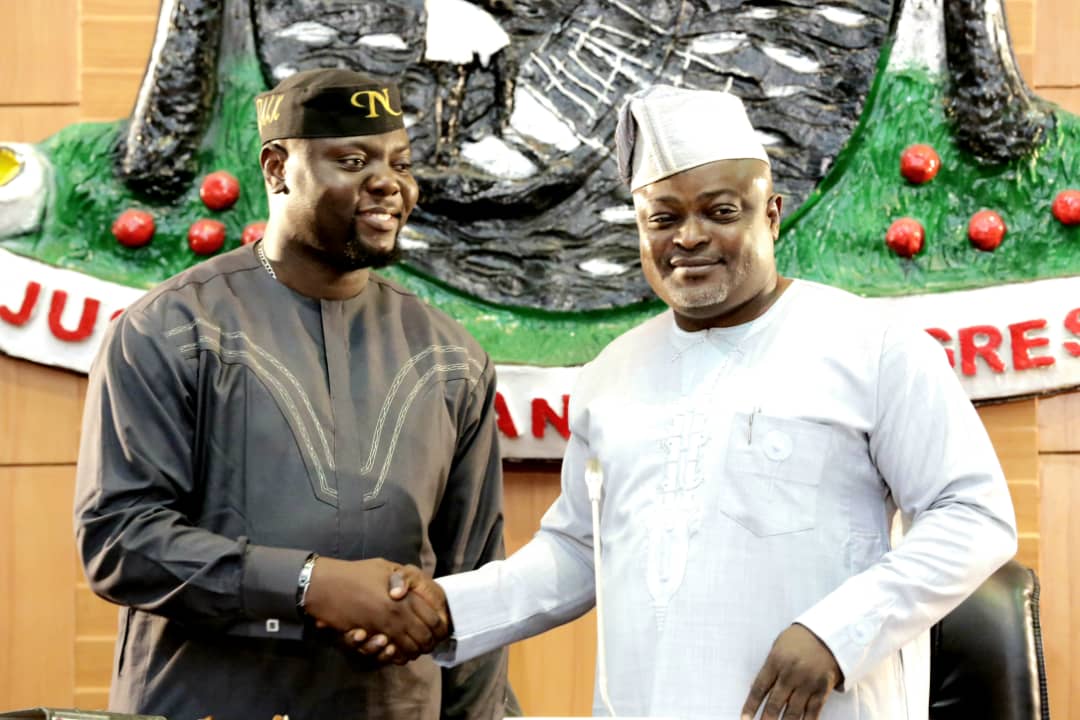Garba Shehu, presidential spokesman, says it was unnecessary for President Muhammadu Buhari to inform the national assembly of his private trip to the UK.
Speaking when he featured on Channels TV programme on Sunday, the presidential aide also said Buhari can work from anywhere if he so decides.
The president left for the UK last week to spend 10 days on what the presidency called a “private trip“.
He left without transmitting a letter to the national assembly, an action some Nigerians have criticised, describing as illegal.
Advertisement
But Shehu defended his principal, saying the president did not violate any law by not informing the lawmakers.
According to him, “the president didn’t make a mistake by taking off without writing a letter to the national assembly because it was unnecessary. In some of the leading democracies, it’s conventional that in fact, a prime minister can be asked to leave the public space for private time at least once in a month in some countries.”
He added that the 1999 constitution stipulates 21 days as “the back-off point” for the president and “that is where infringement is caused”.
Advertisement
“But as it is now, there is no constitutional or legal infraction that has happened. So, the president is doing his work from wherever he is,” he said.
“Yes, it is right that the president can operate anywhere he is. If you are a permanent secretary and the president calls you from Abidjan and says you go and repair that road, are you going to tell him that Mr. President you are not a Nigerian in Abidjan, you are not going to do the work?”
“Do you think you will have your job waiting for you the next day? These are matters of common sense,”
WHAT DOES THE CONSTITUTION SAY?
Advertisement
The 1999 constitution provided for occasion when the president should transfer powers to the vice-president before leaving the country. Its section 145(1) states the vice-president would be acting in his stead whenever he leaves on vacation or is unable to discharge his duties.
According to the subsection, “whenever the President transmits to the President of the Senate and the Speaker of the House of Representatives a written declaration that he is proceeding on vacation or that he is otherwise unable to discharge the functions of his office, until he transmits to them a written declaration to the contrary such functions shall be discharged by the Vice-President as Acting President.”
Further down, the subsection two states: “In the event that the President is unable or fails to transmit the written declaration mentioned in subsection (1) of this section within 21 days, the National Assembly shall, by a resolution made by a simple majority of the vote of each House of the National Assembly, mandate the Vice-President to perform the functions of the office of the President as Acting President until the President transmits a letter to the President of the Senate and Speaker of the House of Representatives that he is now available to resume his functions as President.’’
Writing extensively on the matter, Inibehe Effiong, a constitutional lawyer, said by the dictates of the constitution, the president ought to inform the federal lawmakers before embarking on the trip.
Advertisement
He wrote: “The Constitution does not say that the President should transmit a written declaration if his vacation externs to or exceeds 21 days. That is a strange and indefensible attack on the spirit and letters of Section 145 (1) of the Constitution. Mr. Shehu’s proposition is with respect, an invention of his imagination. The Constitution expressly says ‘’whenever’’ (every time or any time). The fact that the president is proceeding on vacation for less than 21 days does not derogate from his duty to transmit a written declaration to the National Assembly.
“Section 145 (2) only becomes operative and applicable if the President violates his constitutional duty under subsection (1) of Section 145. In other words, the National Assembly is authorised to intervene and pass a resolution empowering the Vice President to become the Acting President where the President violates subsection (1) by refusing or failing to transmit a written declaration as enjoined for a continuous period of 21 days.
Advertisement
“There is no legal or moral justification for the President to commit such grave constitutional infraction even for one day. A grave violation of the Constitution amounts to gross misconduct which is an impeachable offense under Section 143 of the Constitution.”
Advertisement
Add a comment







